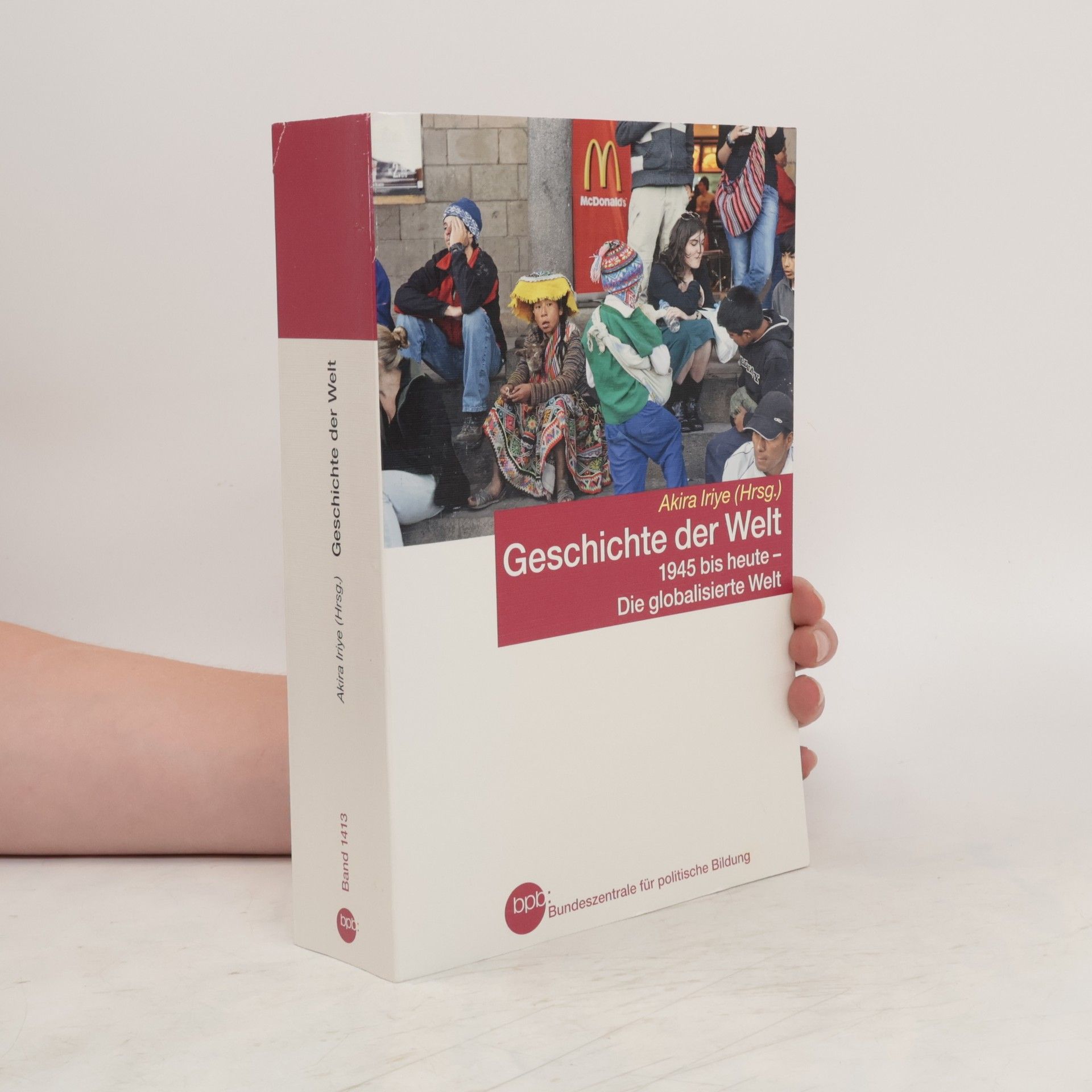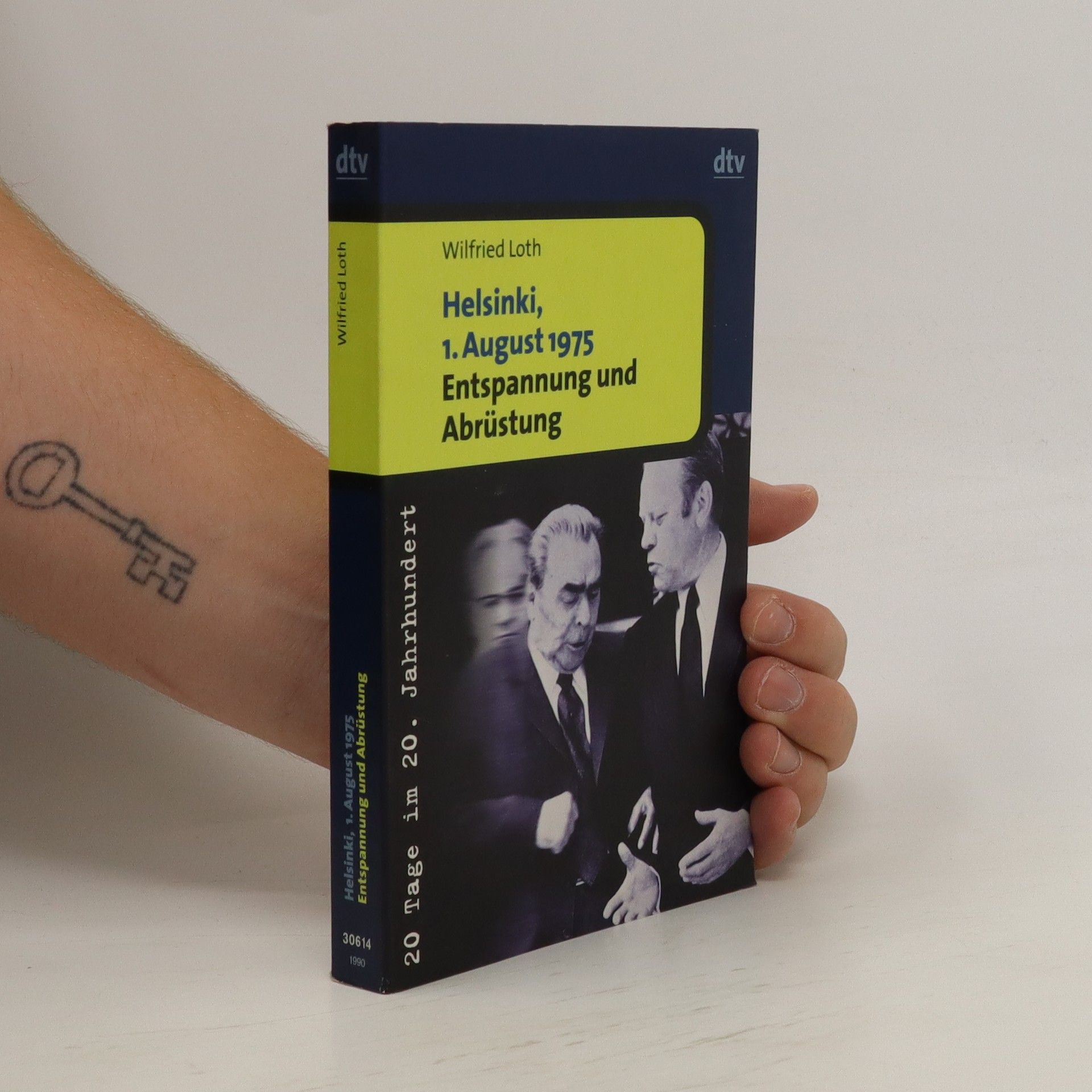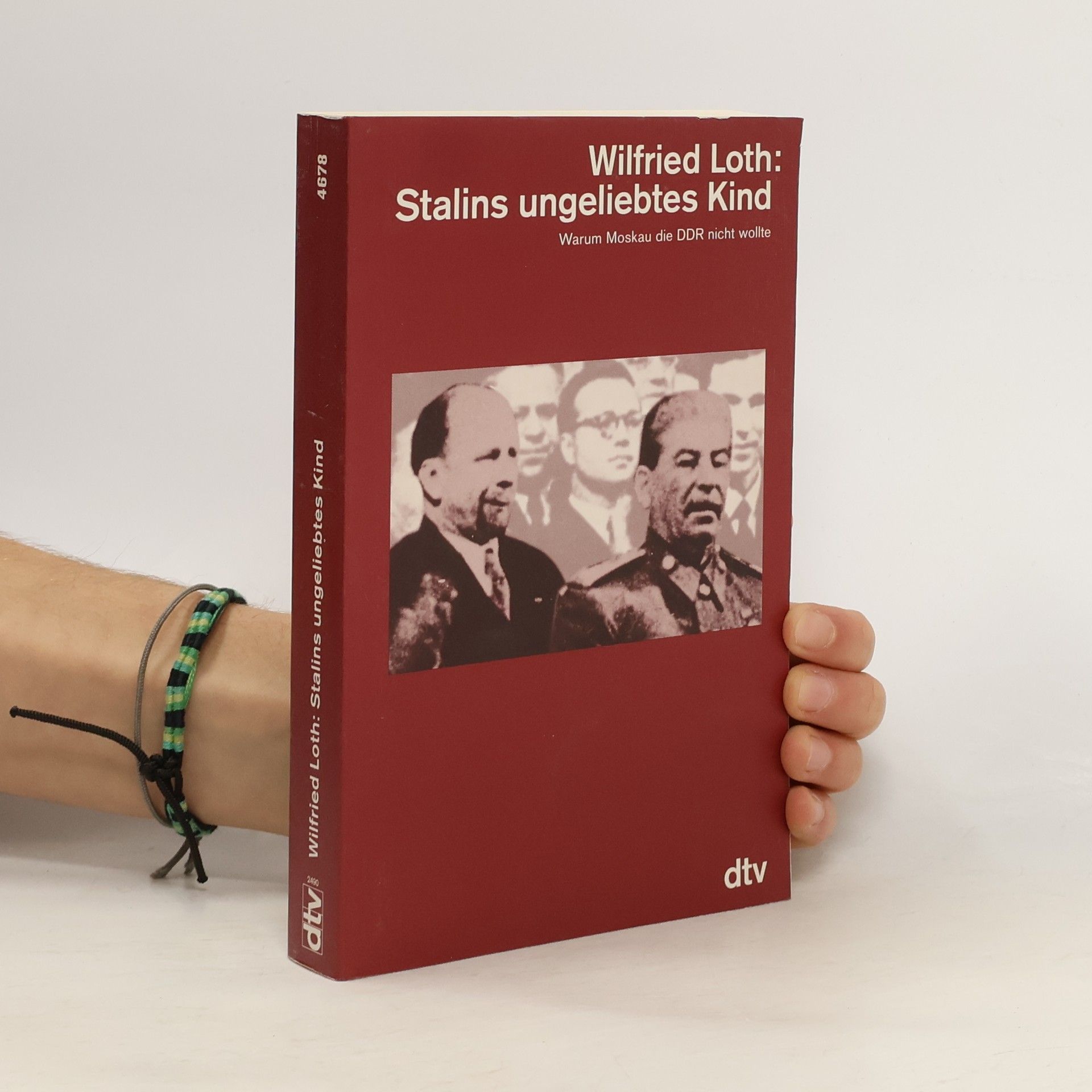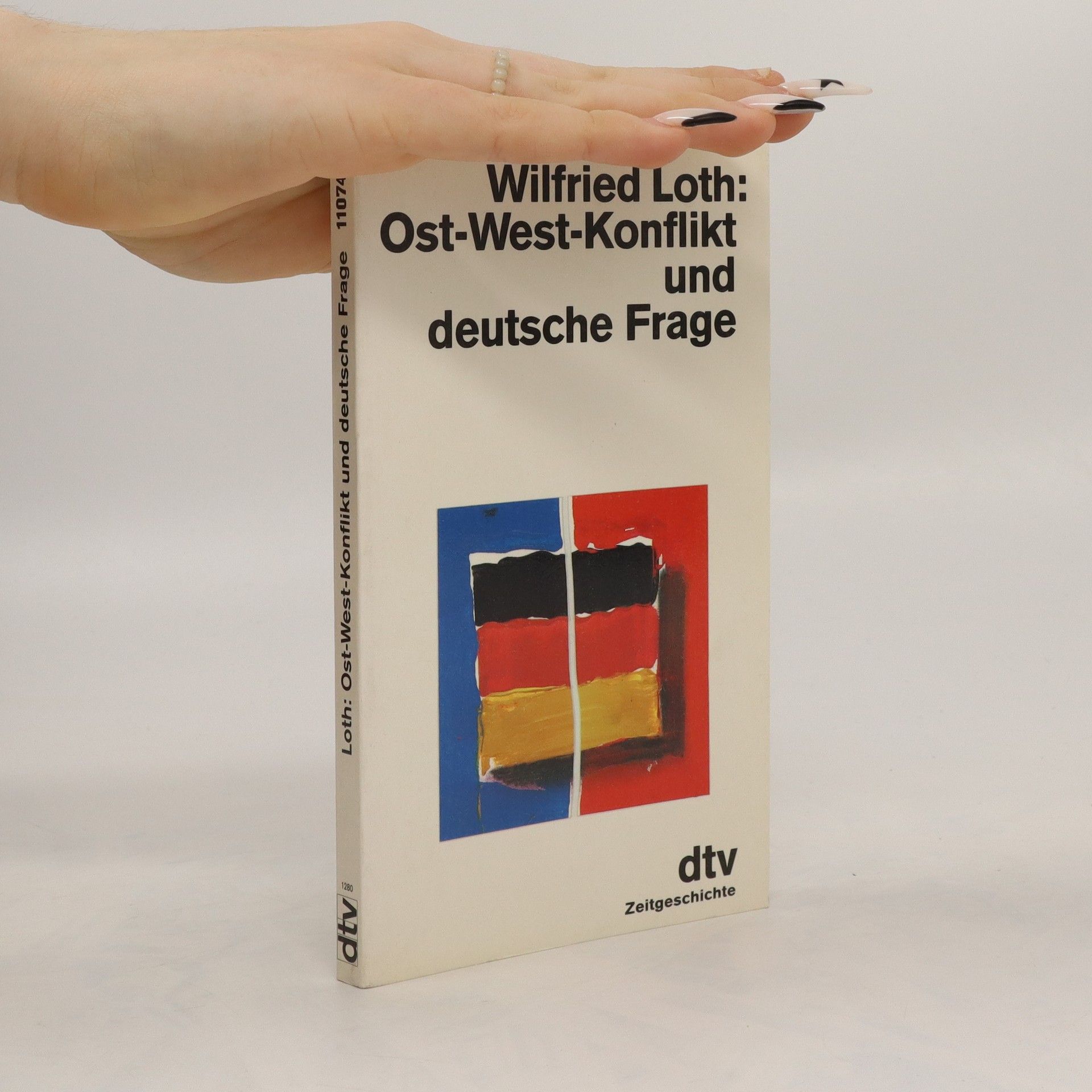Wilfried Loth Boeken
Wilfried Loth is een Duitse historicus en politicoloog die gespecialiseerd is in de Duitse kwestie en het proces van Europese eenwording. Zijn werk duikt diep in de complexe historische processen die het moderne Europa hebben gevormd. Loth doceert recente en moderne geschiedenis, waarbij hij cruciale momenten uit het verleden van het continent onderzoekt en onderwijst. Zijn expertise ligt in de analyse van de politieke en maatschappelijke krachten die Europa hebben gevormd.


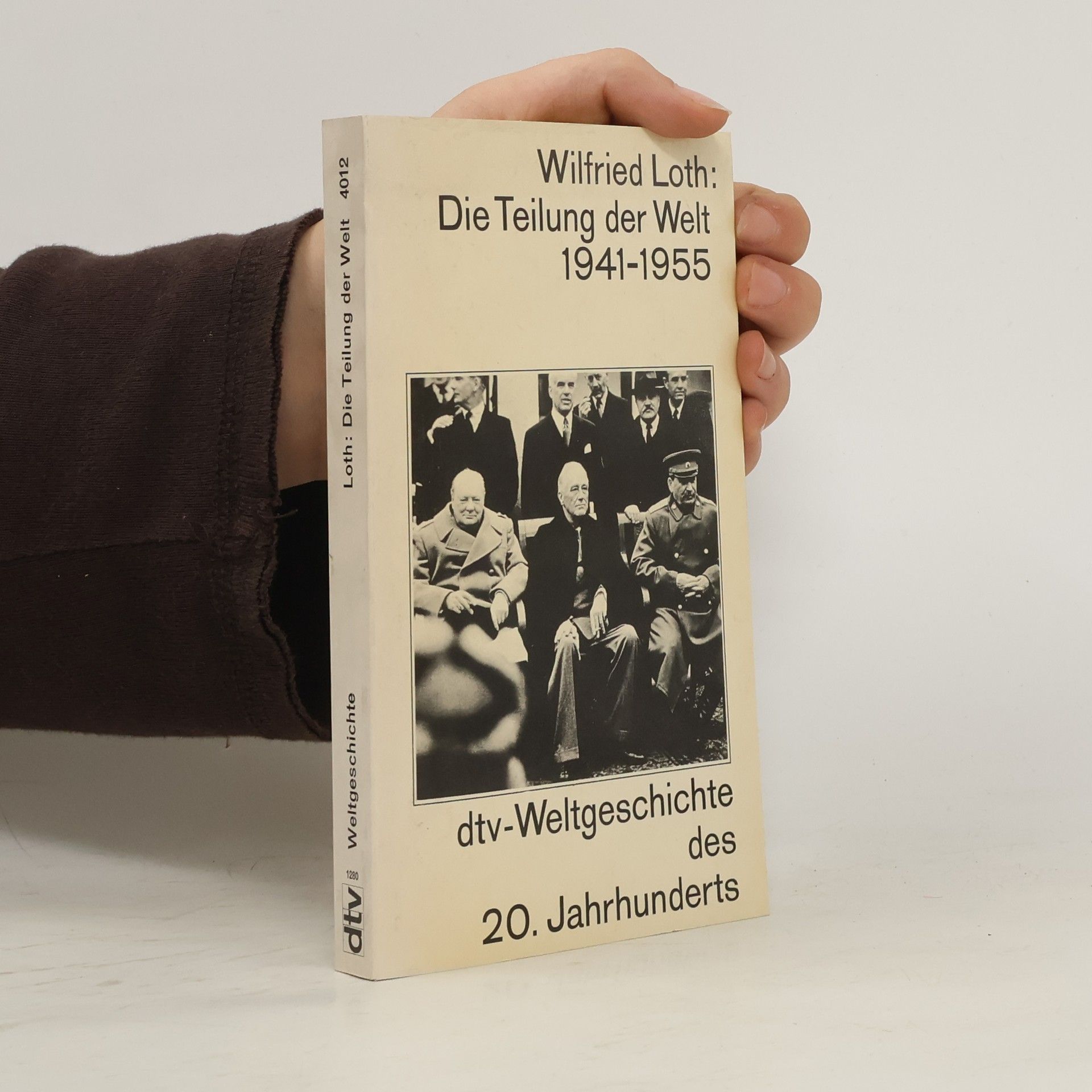
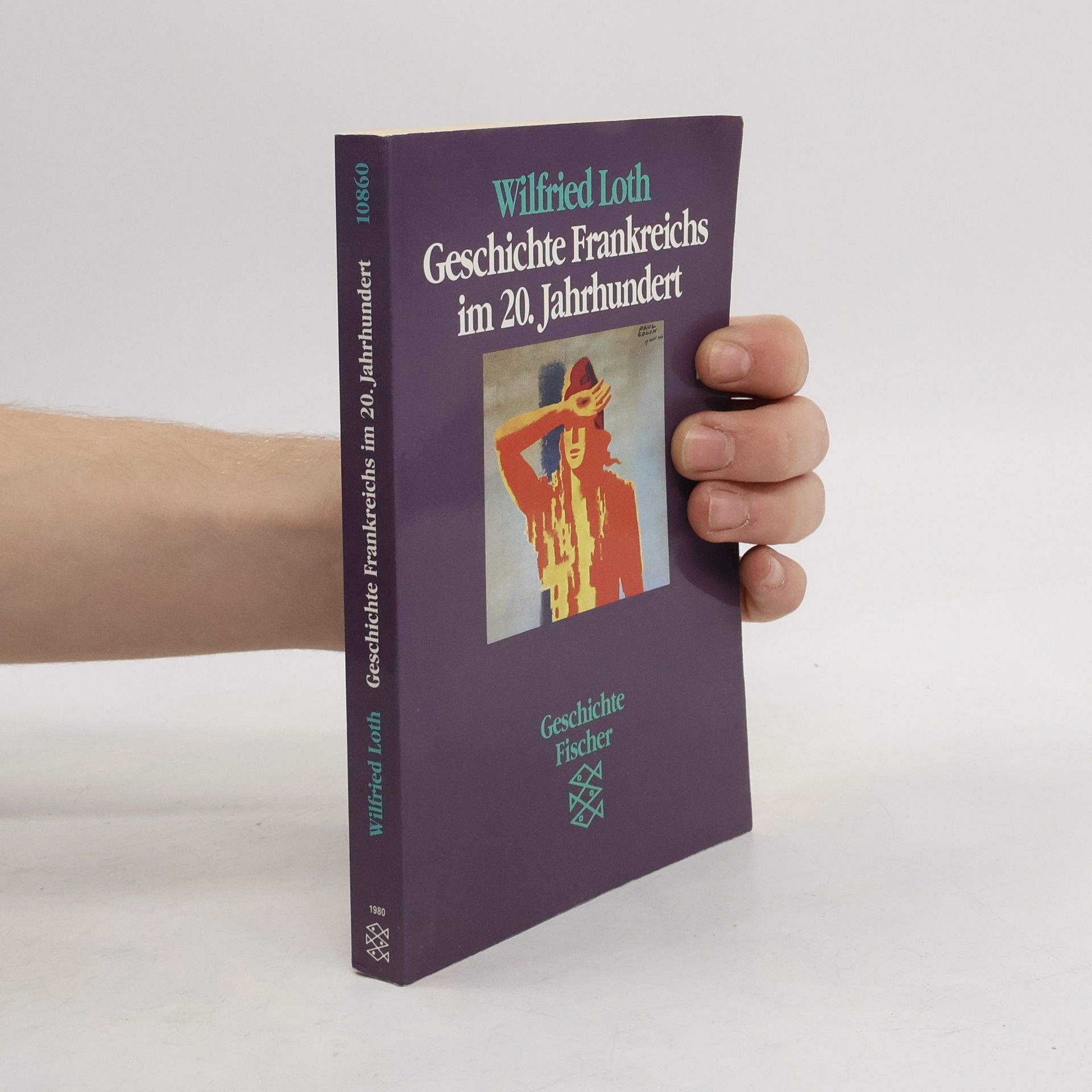
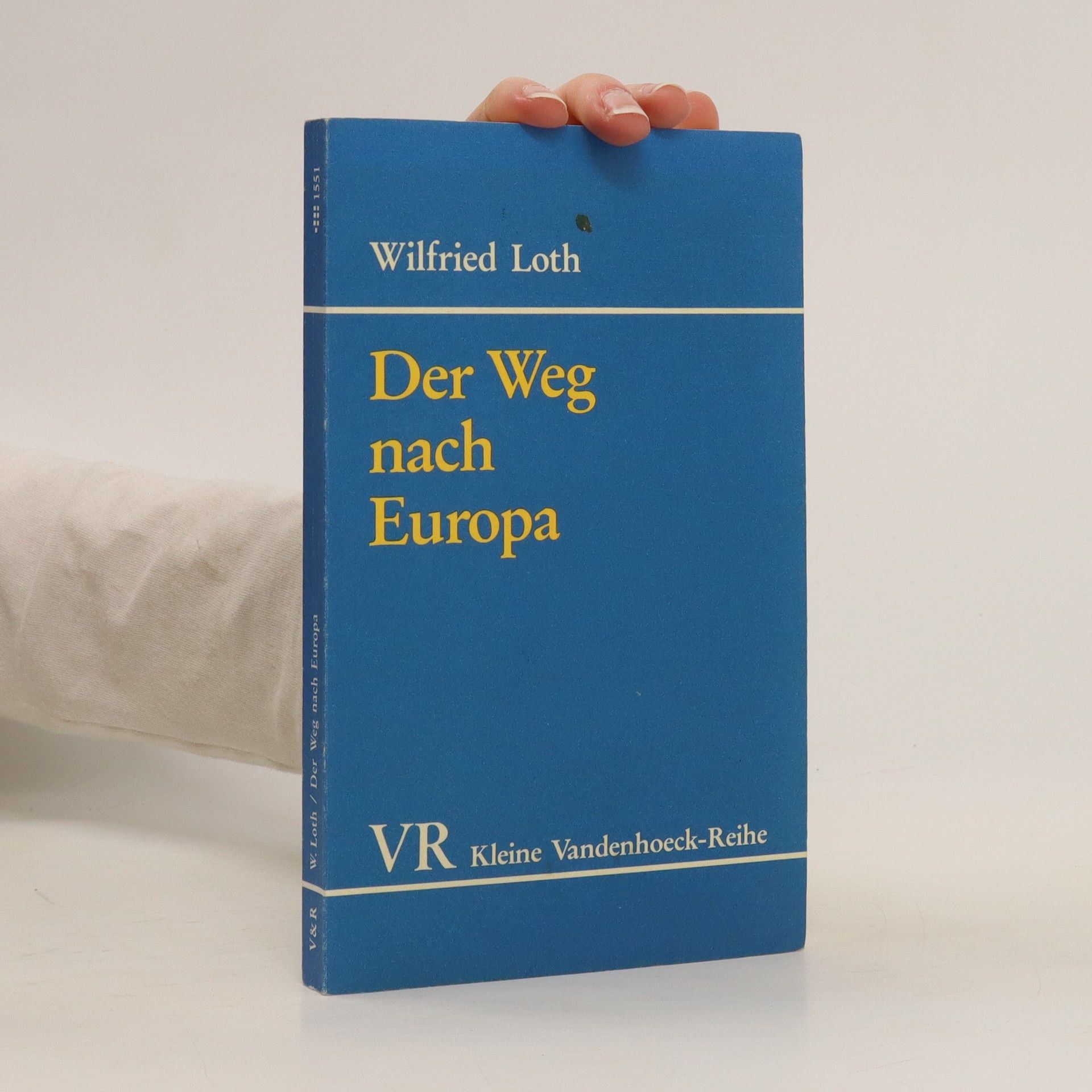

Geschichte Frankreichs im 20. Jahrhundert
- 297bladzijden
- 11 uur lezen
German
Die Teilung der Welt
- 354bladzijden
- 13 uur lezen
Weltpolitische Entwicklungen, die 40 Jahre unseres Jahrhunderts entscheidend geprägt haben Mit dem Ende des Zweiten Weltkrieges zerfiel die schwierige Kriegskoalition der USA und der UdSSR, Europa wurde in eine westliche und eine östliche Einflußsphäre geteilt, die Blockbildung beherrschte die Weltpolitik. Der Autor verdeutlicht die komplexe Wirklichkeit des Kalten Krieges. Er zeigt die ideologischen und machtpolitischen Gegensätze zwischen Ost und West und kommt zu dem Schluß, daß letztlich die wechselseitige Fehleinschätzung und das wachsende Interesse an der Absicherung von Herrschaftspositionen zu der starren Konfrontation führten, die erst nach vierzig Jahren überwunden werden konnte.
Die dramatischen Veränderungen in der Europäischen Union, ausgelöst durch den Brexit, die Griechenland- und Flüchtlingskrise sowie den Populismus, stehen im Fokus dieser aktualisierten Neuausgabe. Wilfried Loth, ein renommierter Experte für europäische Integration, analysiert die Entwicklungen bis zur Corona-Krise und bietet eine fundierte Perspektive auf die Zukunft der EU. Die Leserinnen und Leser erhalten durch seine umfassende Darstellung ein tiefgreifendes Verständnis für die Herausforderungen und Chancen, die die europäische Gemeinschaft prägen.
Frieden schaffen
Die Alliierten und die Neuordnung Europas (1940–1945)
Churchill, Roosevelt, Stalin und später auch de Gaulle: Wie dachten die Alliierten über die Zukunft Deutschlands und Europas nach dem Sieg über das NS-Imperium? Wie wollten sie den Frieden sichern, der am Ende des Zweiten Weltkrieges stehen würde? Wilfried Loth entwirft ein umfassendes Panorama der Pläne und Verhandlungen der künftigen Siegermächte, das sich nicht nur auf die Frage nach den Ursachen des Kalten Krieges und die Verantwortung für die Teilung Deutschlands beschränkt. Er wertet neues Material insbesondere aus russischen und französischen Archiven aus und bezieht erstmals die Pläne des antifaschistischen Widerstands und Exils in die Nachzeichnung der Kriegszieldiskussion ein. So kann er zeigen, dass es zwischen den Alliierten mehr Gemeinsamkeiten als Gegensätze gab. Die Konferenzen von Jalta und Potsdam bildeten daher die Grundlage für eine Friedensordnung, die erst nach 1989 voll verwirklicht werden konnte. Nicht zuletzt kann die Rückschau helfen, Maßstäbe für Friedensschlüsse heutiger Kriege zu finden.
Basierend auf sensationellen Archivfunden erzählt Wilfried Loth die Gründungsgeschichte der DDR als eine Geschichte der fortgesetzten Interessengegensätze zwischen der SED-Führung und Stalin, der bis zu seinem Tod 1953 an einer gesamtdeutschen Option festhielt. Stalin wollte weder einen Separatstaat auf dem Boden der sowjetischen Besatzungszone noch überhaupt einen sozialistischen Staat in Deutschland. Statt dessen strebte er eine parlamentarische Demokratie für ganz Deutschland an, die dem Faschismus die gesellschaftlichen Grundlagen entzog und der Sowjetunion den Zugang zu den Ressourcen des Ruhrgebiets eröffnete. Erreicht werden sollte sie in gemeinsamer Verantwortung der Siegermächte. Der sozialistische Separatstaat ist in erster Linie ein Produkt des revolutionären Eifers von Walter Ulbricht, der sich vor dem Hintergrund westlicher Abschottungspraxis entfalten konnte. Wenn der DDR-Sozialismus nicht das Ergebnis langfristiger sowjetischer Planungen war, sondern ein Reflex der weltpolitischen Konstellation, dann stellt sich die Frage nach den Veranwortlichkeiten für die deutsche Teilung völlig neu. Überdies sind zwei Lebenslügen zerstört, die die deutsche Nachkriegspolitik entscheidend geprägt haben. die Behauptung nämlich, zu Adenauers Politik der Westintegration habe es keine Alternative gegeben, und die Legende, die Regierung in Ost-Berlin sei nichts anderes gewesen als eine Marionette in den Händen Moskaus.
